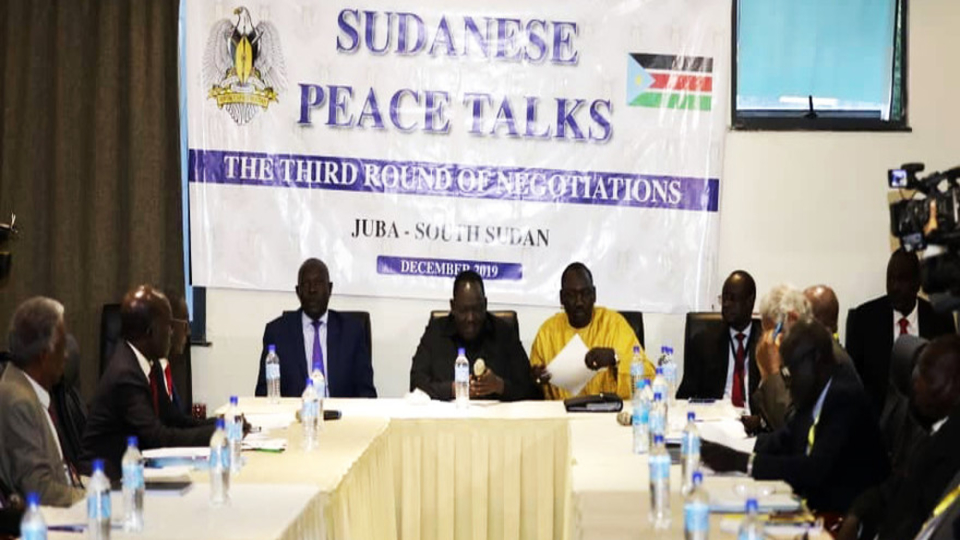The latest breakthrough in the peace discussions between the transitional Sudanese government and a rebel group is a sign of hope for the country. However, the path to peace is still likely to be complicated.
On May 3, Sunday, the transitional government and the Malik Agar-led faction of the Sudan People’s Liberation Movement-North (SPLM-N Agar) reached an agreement on integrating the latter’s soldiers into the state’s police, army and intelligence agencies. This follows a ceasefire agreement that was signed in December.
The SPLM-N Agar controls substantial parts of the States of South Kordofan and Blue Nile. The conflict in these provinces began around the time South Sudan gained independence in 2011 and had continued intermittently till December 2019.
The transitional government and the SPLM-N Agar also agreed to restructure all the institutions of the country’s armed forces on the basis of merit. Radio Dabanga reported, “They also agreed that the reintegration and restructuring process should take place in all agencies based on objective criteria.”
The ceasefire in December had seen the groups agreeing to end hostilities and open humanitarian corridors.
One of the crucial demands tabled at the time by the SPLM-N Agar was the integration of its armed forces with that of the state’s security forces. The government finally conceded this demand on May 3, marking an important milestone on Sudan’s road to peace.
The transitional government was formed last August after a power sharing agreement between the Declaration of Freedom and Change Forces (DFCF) and the military junta. The DFCF is a coalition of left and centrist parties which came together to represent the popular revolt which overthrew Omar al-Bashir’s dictatorship. The junta had come to power immediately after the fall of al-Bashir.
One of the main tasks set before this transitional government – which is obliged to conduct an election within 39 months of its formation – was negotiating peace agreements with the armed rebel groups.
Negotiations began in October in South Sudan’s capital city of Juba. The initial deadline for a peace agreement was December. However, the deadline had to be extended a number of times, as issues of power-sharing, security arrangements and relocation of those the Internally Displaced Persons (IDPs) due the war remained unresolved.
Further, the sudden death of Sudan’s defense minister general Gamal al-Din Omar due to a heart attack while in Juba on March 25 had brought the negotiations to a halt for a week. The latest deadline to elapse was on April 9, following which May 9 was set as the next deadline.
The representatives have been holding meetings through video conferencing to avoid travel amid the COVID-19 pandemic. The delegates of the rebel groups have been using the United Headquarters in Juba for the video conference, and those of the government are connecting from UN HQ in Khartoum, the capital city of Sudan.
However, the conclusion of a final peace agreement is unlikely by May 9. Though the agreement to integrate forces is a major step forward, Malik Agar’s SPLM-N is only one of the nine rebel groups under the umbrella of Sudan Revolutionary Front (SRF) with whom the transitional government has been negotiating.
There are also other armed groups which are not represented in the SRF. These include Abdel Aziz al-Hilu’s faction of SPLM-N, which has refused to participate in negotiations unless the government agrees on secularizing the country and formally separating state and religion.
Alternatively, the group insists, the government should be willing to allow its demand for right to self-determination to be placed on the negotiating table.





